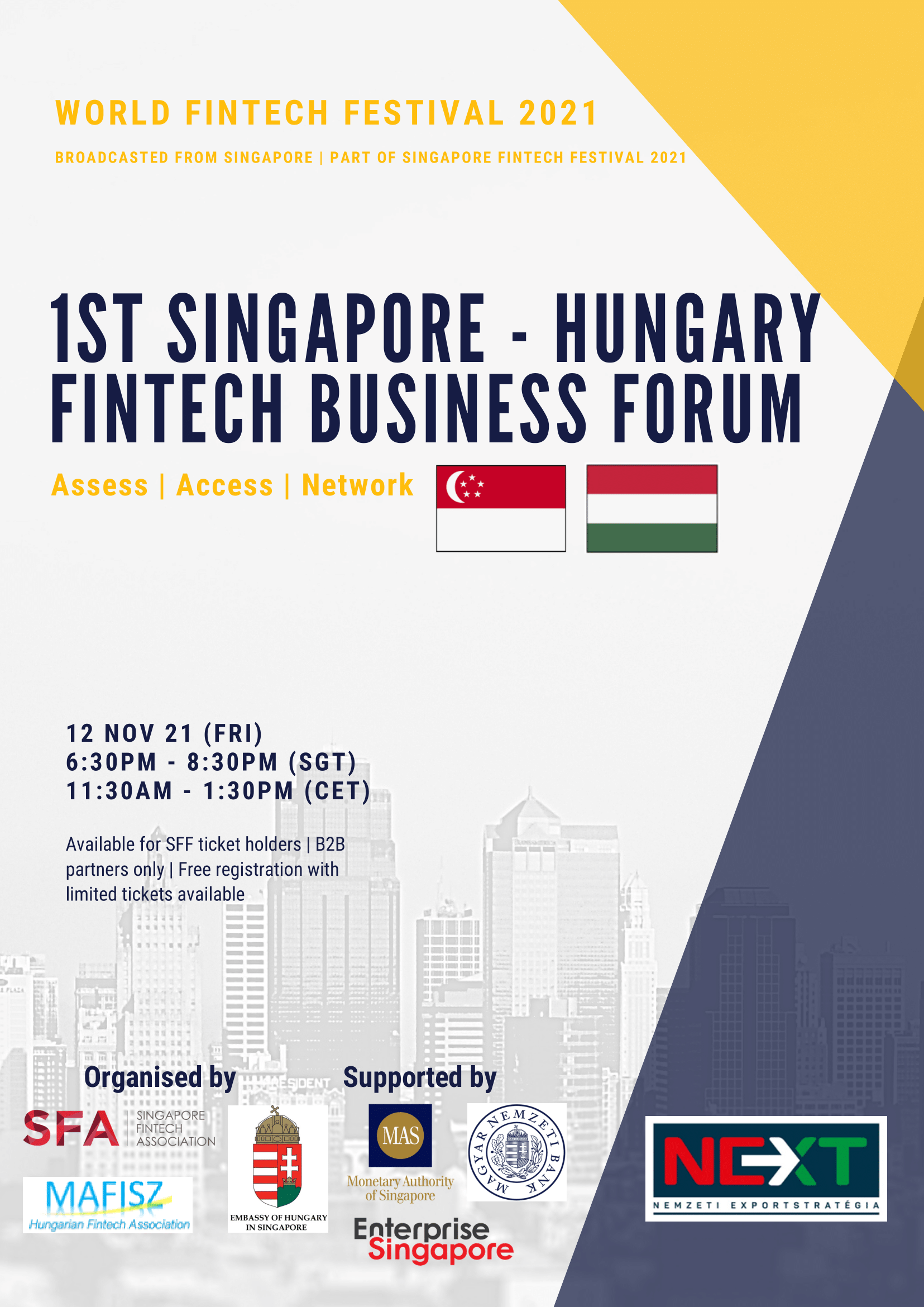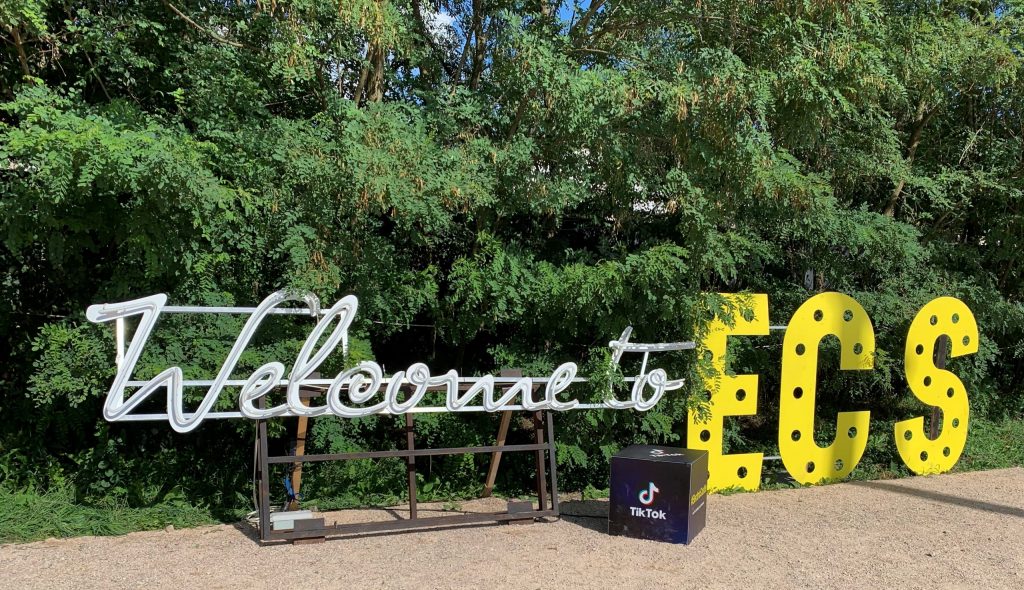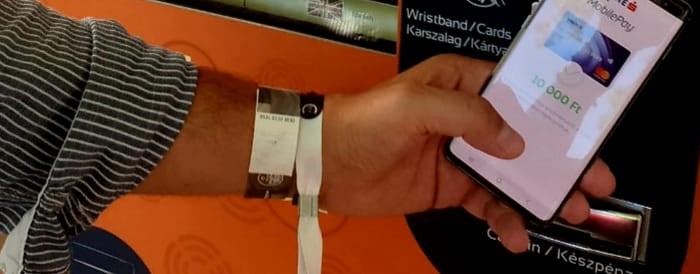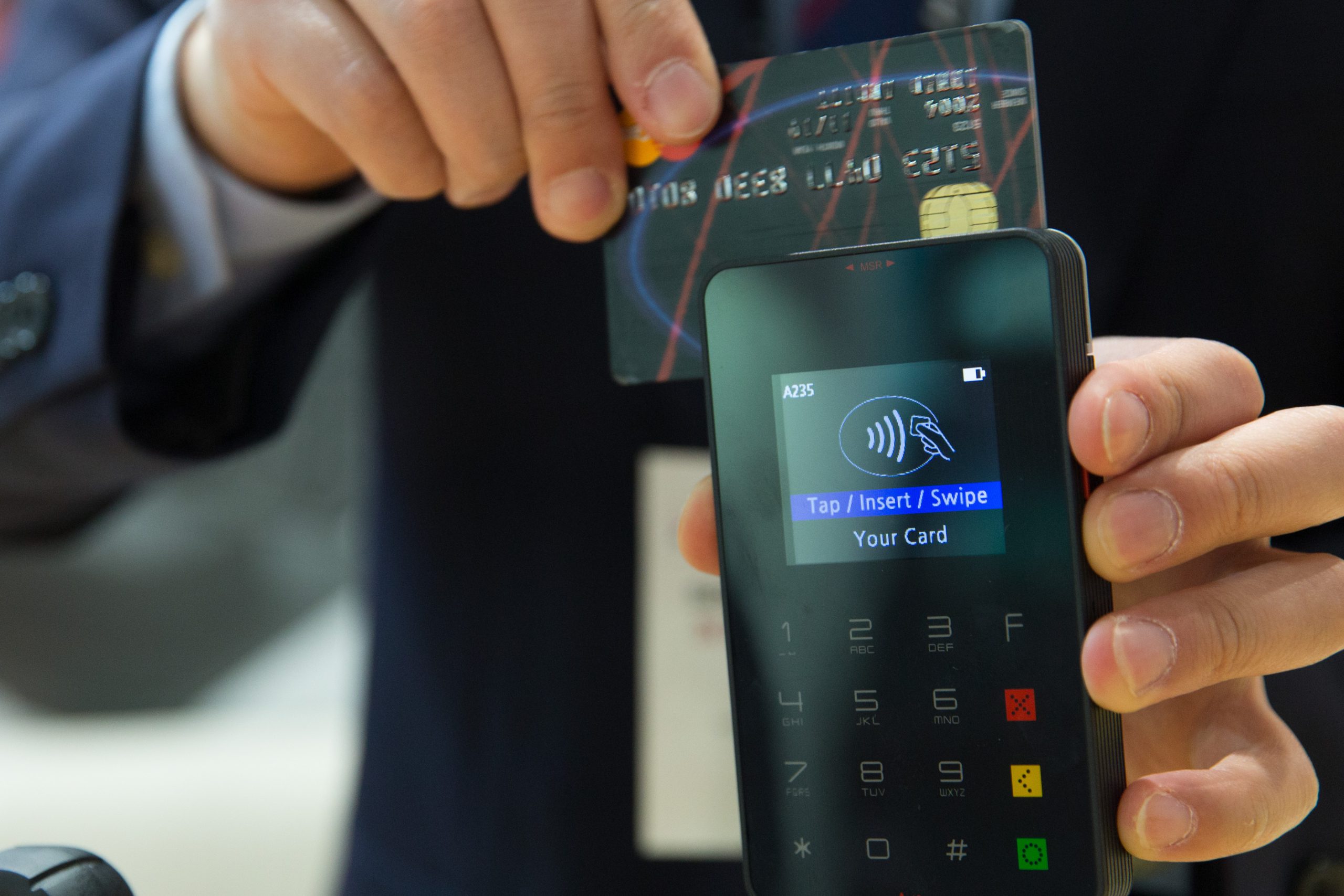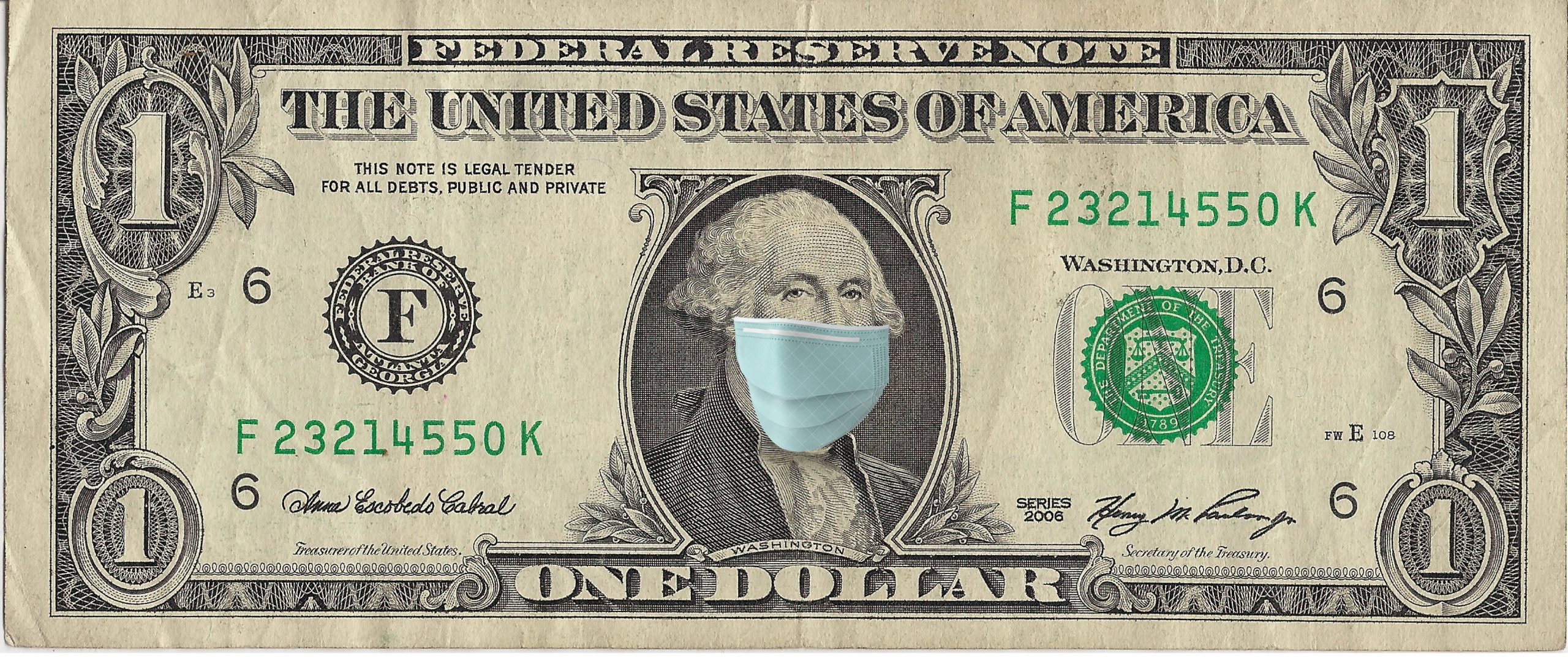Festipay a Hungarian fintech company founded in 2015, has gained the leading position in providing cashless payment systems in Romanian festivals in addition to Hungary. During 2021, Festipay was present at all the major festivals in Romania delivering its innovative solutions for cashless payment and integrated event management. In past years, Festipay has provided integrated event management, payment wristband or plastic card cashless payment solutions at several major Romanian festivals including Neversea, Nostalgia, The Carnival Bucharest, The Carnival Timisoara, diMansions Hit Music Festival and Vibe festivals. The Hungarian company debuted in 2021 at one of the most spectacular festivals in Romania. The Electric Castle festival was held at the Bánffy Castle in Boncida, close to Cluj-Napoca. This summer Festipay was present at ‘Electric Castle Special’, ‘SAGA’, ‘UNTOLD’ and ‘Summer Well: The Limited Edition’
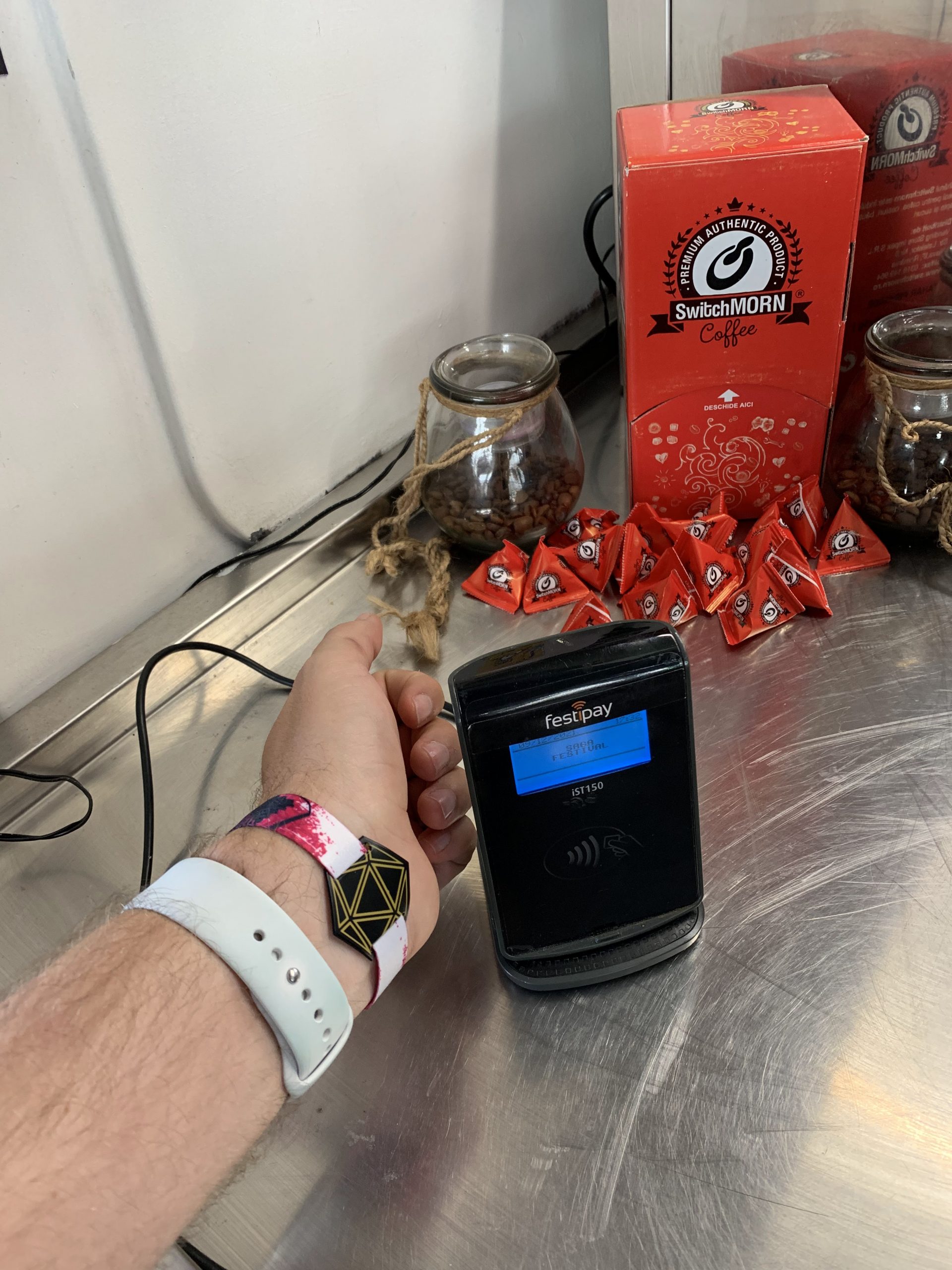
SAGA
The SAGA festival in Bucharest debuted in September this year. This innovative three-day event featured some of the biggest names in electric music, including Carl Cox, Tiësto, Topic, Allan Walker and many other international and Romanian artists. Festipay provided cashless payment with NFC- enabled chipped wristbands which aided in the safe management of festival-attendees. UNTOLD is the largest music festival in Romania. From the festival’s beginning, the organizers had decided that a cashless payment services were necessary, and naturally chose a provider that had already proven its competence at several major events. Festipay’s experience in handling major festivals such as Budapest Sziget Festival convinced UNTOLD’s organizers that the Hungarian company was a solid choice for the event. The reliability and customizability of the cashless payment system was also an important consideration in the selection. The relationship between Festipay and UNTOLD continues now into its seventh year. UNTOLD Festival was awarded the European Festival Awards as the best major festival in Europe following their first season.

Concurrent Festival Management
As the premier provider of cashless payment systems for festivals, Festipay’s experience has created a method of engagement with festival organizers that delivers continued and repeatable success even when managing several concurrent events. Festipay’s delegated staff personally manage the installation, operation and supervision of the payment system at each location. Additionally, the training of on-site staff is delivered by the Hungarian company, with some training sessions provided for up to 120 people.
The company’s comprehensive turnkey services cover ticketing, access control, cashless payment, accreditation and cash management, staff management, merchant solutions, smartphone applications and mobile payments, as well as integrated solutions for all of these.
An Integrated Payment & Management System
Being one of Europe’s largest integrated event management providers. Festipay’s innovative access control- and cashless payment solutions are used by major events across 11 countries in both Europe and Asia, including Hungary, Romania, Belgium, Croatia, France, Italy, Georgia, as well as Singapore and Indonesia. Processing over 10 million secure payment transactions annually, Festipay’s combined sign-in and cashless payment features allow festival organizers and venue operators to efficient and safely manage both cash and attendees. The integrated system debuted at two major international festivals in 2017; Neversea and Untold and since 2018 it has also been used by attendees to Hungarian and other foreign festivals.
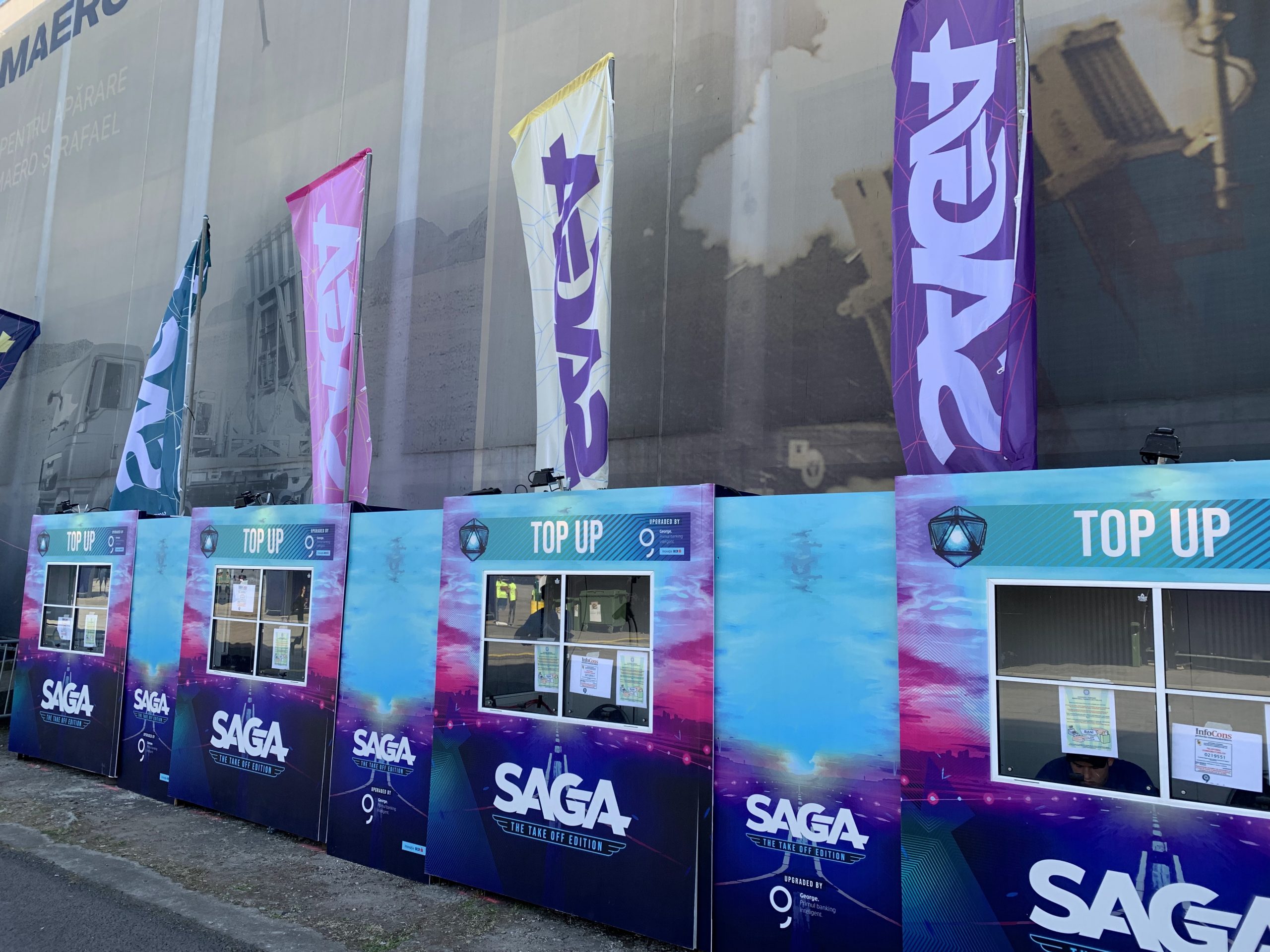
Hungarian-developed innovation, international success in the COVID-affected event market
Dr. Dániel Kaderják, CEO of Festipay Zrt. said: “In addition to the unique technology developed within Hungary, we needed a dependable team to provide fantastic performance in order to continue our success in Romania too. I believe that 2022 will have a more predictable festival season, which in turn will allow Festipay to keep delivering our innovative payment systems”.
In recognition of their success, the Hungarian Export Development Agency (HEPA) provided major financial aid to Festipay, totalling just under HUF 50 million one-time to extend Festipay’s integrated payment solutions into foreign markets in 2020 during the pandemic period. Despite having an event-free period, this injection allowed Festipay to spearhead initiatives into new markets which are anticipated to bare fruit into the 2022 festival season.
Based on the positive feedback from the clients, emphasizing the quality of service and reliability, Festipay Zrt. set the goal of becoming the market-leading service provider in Romania, which it successfully achieved by 2021.
